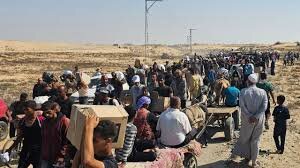
Similar Posts
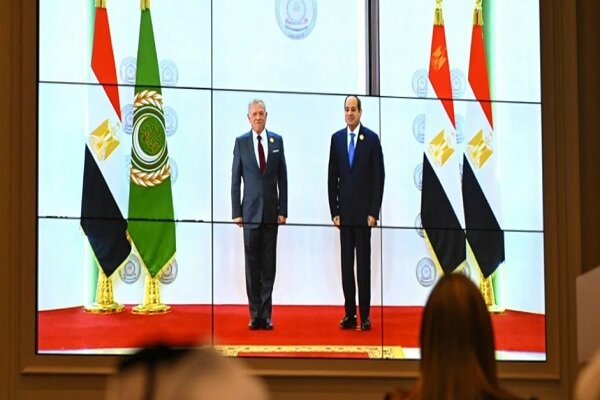
UK, France, Italy, and Germany Praise Arab Nations’ Bold Initiative for Gaza
Recent discussions on Gaza’s reconstruction have intensified diplomatic efforts, particularly following US President Trump’s controversial proposal. In Jeddah, foreign ministers from Muslim nations convened under the Organization of Islamic Cooperation (OIC) to support Egypt’s reconstruction plan, which aims to improve living conditions for Palestinians. They condemned any displacement efforts as “ethnic cleansing” and violations of international law. The OIC’s unified stance emphasizes urgent humanitarian needs and the importance of restoring hope and stability in Gaza. Their commitment to reject displacement and advocate for reconstruction highlights the necessity for global support in addressing the Palestinian crisis.

Tragic Israeli Airstrike Claims Life in Northern Gaza: Latest Updates
The conflict in Gaza escalated with a recent Israeli drone strike in Beit Hanoun, resulting in one death and injuries. This attack exacerbates the region’s humanitarian crisis, which has seen over 48,380 casualties, primarily among women and children. Amidst this turmoil, Israel announced a temporary ceasefire coinciding with Ramadan and Passover, following a proposal from U.S. Envoy Steve Witkoff. While this ceasefire and a prisoner exchange agreement aim to de-escalate tensions, the ongoing violence raises concerns about its effectiveness. The humanitarian situation in Gaza remains critical, with urgent calls for a sustainable peace solution to address the needs of affected civilians.
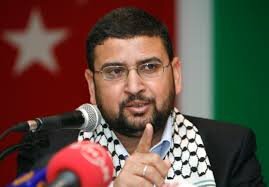
Hamas Declares: Empty Threats Hold No Weight
In the ongoing Israel-Hamas conflict, senior Hamas official Sami Abu Zuhri stressed the need for both parties to honor the ceasefire agreement to ensure the return of Israeli captives. His comments followed warnings from US President Trump, who threatened consequences if the captives were not released. Zuhri emphasized that diplomacy is crucial, stating that threats complicate matters. Hamas has accused Israel of violating the ceasefire, which has delayed the captives’ release, highlighting the fragile nature of peace negotiations. The international community is closely monitoring the situation, as diplomatic efforts remain essential to avoid further escalation and humanitarian crises.
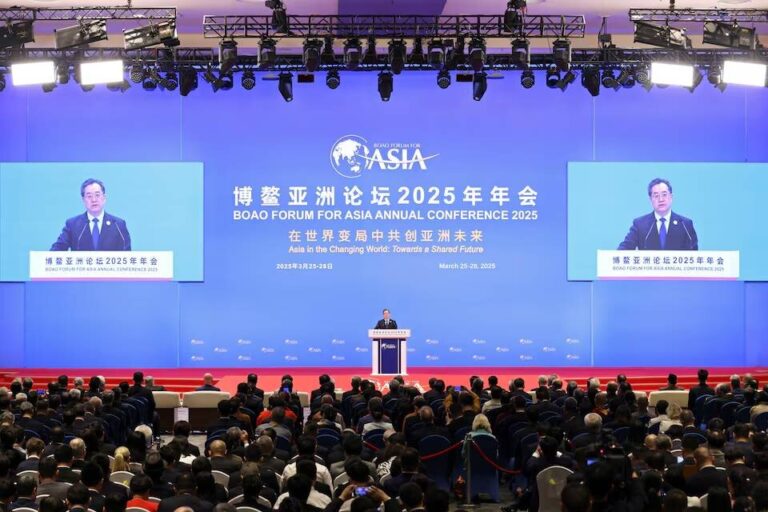
China Champions Economic Globalization and Free Trade at BFA Opening Ceremony
The Boao Forum for Asia (BFA) Annual Conference 2025 commenced in Hainan, China, highlighting Asia’s crucial role in the global economy. Prominent figures, including Ban Ki-moon and Chinese Vice Premier Ding Xuexiang, emphasized the need for mutual trust, win-win cooperation, and economic globalization. The conference, themed “Asia in the Changing World: Towards a Shared Future,” attracted over 1,500 representatives from 60 countries, discussing key issues like technological advancements, sustainable development, and regional trade. The Asian Economic Outlook Report projects Asia’s GDP share will rise from 48.1% in 2024 to 48.6% in 2025, underscoring the region’s growing significance.
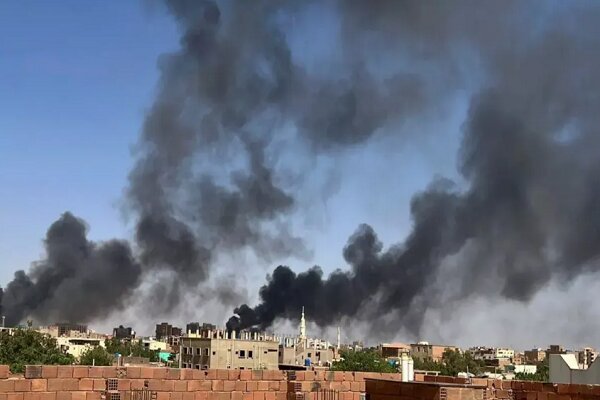
Tragic Assault: RSF Shelling Claims 35 Innocent Lives in Residential Areas
The situation in El-Fasher has deteriorated as the Rapid Support Forces (RSF) launched a deadly artillery attack, resulting in 35 deaths, including women and children, and over 40 injuries. The RSF’s bombardment targeted populated areas, exacerbating Sudan’s humanitarian crisis amid ongoing conflict with the Sudanese army. Reports indicate significant RSF losses, with 80 fighters killed and 10 vehicles destroyed. Since April 2023, the conflict has led to over 20,000 deaths and 15 million displacements. The urgent need for humanitarian assistance is critical as the international community faces pressure to intervene in this escalating crisis.
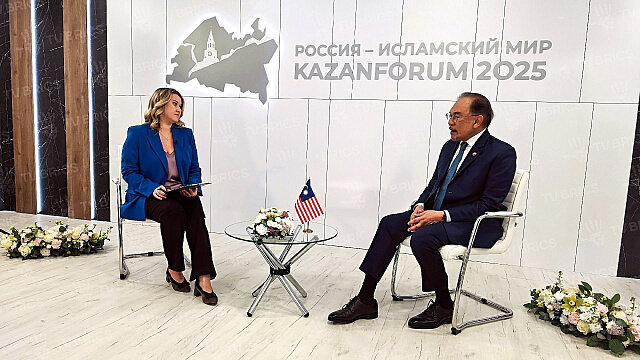
Malaysian PM Highlights BRICS as a Game-Changer for the Global South Initiative
In a recent interview, Malaysian Prime Minister Anwar Ibrahim outlined the nation’s economic strategies and regional collaboration following its 2025 BRICS partnership. He emphasized Malaysia’s focus on digital transformation, energy diversification, and food security, highlighting investments in AI and a regional power grid. Ibrahim also discussed the transformation of the financial sector through local currency transactions and the importance of free trade agreements for economic resilience. As Malaysia prepares to chair ASEAN in 2025, it remains committed to sustainable development, environmental protection, and cultural exchanges, recognizing the role of women in various sectors.